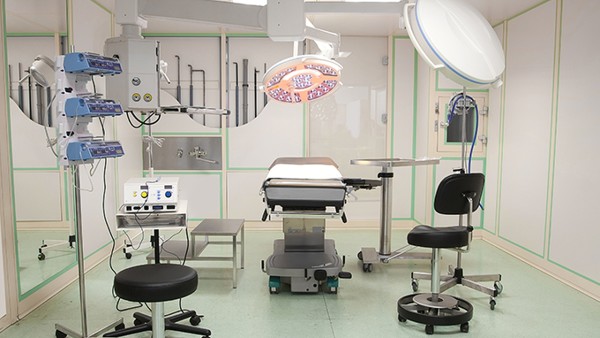The Best Sleep Time and Sleeping Environment for Newborns

Newborns sleep a lot—14 to 17 hours a day on average. But their sleep patterns are different from those of ***s. Newborns sleep in short bursts, waking up every few hours to eat. They also tend to sleep more during the day than at night.
As your baby grows, their sleep patterns will change. By 4 to 6 months old, most babies will be sleeping for longer stretches at night. And by 1 year old, most babies will be sleeping through the night.
There are a few things you can do to help your newborn get the best possible sleep:
Establish a regular sleep schedule. Newborns don't have a natural sleep-wake cycle, so it's up to you to help them establish one. Try to put your baby to bed and wake them up at the same time each day, even on weekends.
Create a relaxing bedtime routine. A relaxing bedtime routine can help your baby wind down and get ready for sleep. Start by giving your baby a warm bath. Then, massage your baby with a gentle lotion. Finally, read your baby a story or sing a lullaby.
Make sure your baby's sleep environment is dark, quiet, and cool. Darkness helps promote sleep, so make sure your baby's bedroom is dark. You can use blackout curtains or blinds to block out light. Noise can also interfere with sleep, so try to keep your baby's bedroom quiet. A white noise machine or fan can help block out noise. And finally, a cool room is a comfortable room for sleeping. Aim for a temperature between 68 and 72 degrees Fahrenheit.
Don't overfeed your baby before bed. A full stomach can make it difficult for your baby to fall asleep. Try to feed your baby a light meal or snack before bed.
Don't let your baby get too tired. Overtired babies are more difficult to put to sleep. Try to put your baby to bed before they get too tired.
If you're having trouble getting your newborn to sleep, talk to your doctor. There may be an underlying medical condition that is interfering with your baby's sleep.
Sleep Positions for Newborns
The American Academy of Pediatrics (AAP) recommends that all babies sleep on their backs to reduce the risk of Sudden Infant Death Syndrome (SIDS). Back sleeping is the safest sleep position for babies.
There are a few reasons why back sleeping is safer for babies:
It helps keep their airway open. When babies sleep on their backs, their airway is less likely to be blocked. This is important because babies have small airways, and even a small amount of obstruction can cause breathing problems.
It prevents them from rolling onto their stomachs. Babies who sleep on their stomachs are more likely to roll onto their sides or stomachs, which can increase the risk of SIDS.
It reduces the risk of overheating. Babies who sleep on their backs are less likely to overheat because their bodies are not covered by blankets or other objects.
If you're concerned about your baby's ability to breathe while sleeping on their back, talk to your doctor. There may be a medical condition that is making it difficult for your baby to breathe.
How to Help Your Newborn Sleep Through the Night
Most babies will start sleeping through the night by 6 to 8 months old. However, some babies may take longer. There are a few things you can do to help your baby sleep through the night:
Make sure your baby is getting enough to eat during the day. A hungry baby is more likely to wake up at night to eat. Try to feed your baby every 3 to 4 hours during the day.
Establish a regular sleep schedule. A regular sleep schedule helps your baby learn when it's time to sleep and when it's time to be awake. Try to put your baby to bed and wake them up at the same time each day, even on weekends.
Create a relaxing bedtime routine. A relaxing bedtime routine can help your baby wind down and get ready for sleep. Start by giving your baby a warm bath. Then, massage your baby with a gentle lotion. Finally, read your baby a story or sing a lullaby.
Make sure your baby's sleep environment is dark, quiet, and cool. Darkness helps promote sleep, so make sure your baby's bedroom is dark. You can use blackout curtains or blinds to block out light. Noise can also interfere with sleep, so try to keep your baby's bedroom quiet. A white noise machine or fan can help block out noise. And finally, a cool room is a comfortable room for sleeping. Aim for a temperature between 68 and 72 degrees Fahrenheit.
If you're having trouble getting your baby to sleep through the night, talk to your doctor. There may be an underlying medical condition that is interfering with your baby's sleep.
The above is all the content that the editor wants to share with you. I sincerely hope that these contents can bring some help to your life and health, and I also wish that your life will be happier and happier.
Topic: #sleep #time #the











